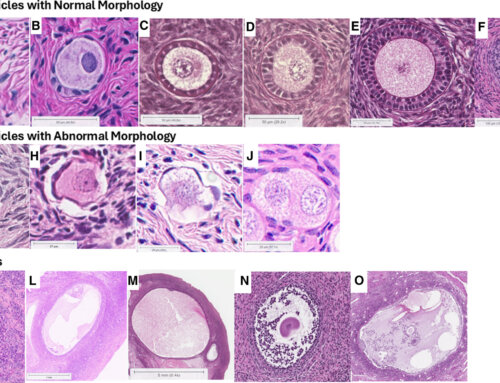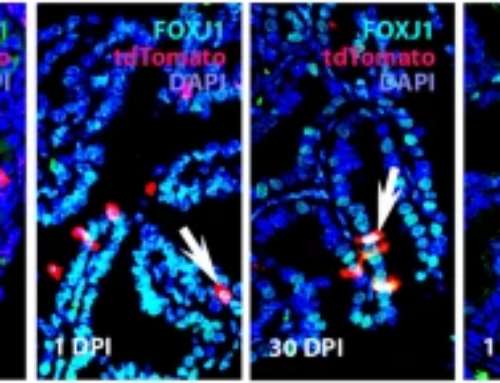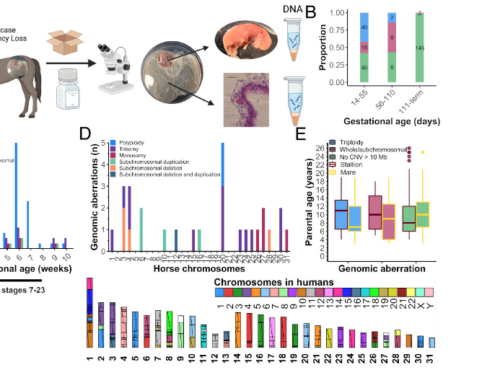
August 2023
John Schimenti, James Law Professor of Anatomy in the Biomedical Sciences department at the College of Veterinary Medicine, published a paper this week in The Proceedings of the National Academy of Sciences (PNAS). Titled “In vivo versus in silicon assessment of potentially pathogenic missense variants in human reproductive genes,” the paper addresses infertility and its complicated genetic causes, which affect 15% of couples.
Dr. Schimenti, whose lab investigates the genetics and mechanisms of gametogenesis, meiosis, and genome maintenance, provided the following insights on the significance of his latest paper:
“This problem is complicated by the large number of genes that cause infertility when perturbed, coupled with numerous VUS present in the genomes of affected patients. Surprisingly, missense variants that are classified as deleterious by commonly used pathogenicity prediction algorithms often cause no phenotype when modeled in mice. We find that augmenting pathogenicity predictions with preliminary screens for biochemical defects substantially enhanced the proportion of prioritized variants that caused phenotypes in mice. The results emphasize that, in the absence of substantial improvements in in silico prediction tools or other compelling preexisting evidence, in vivo analysis is crucial for confident attribution of infertility alleles.”
The publication of this paper is a reflection of the Schimenti lab’s ongoing work to characterize the mechanisms that contribute to certain phenotypes as they relate to infertility.






